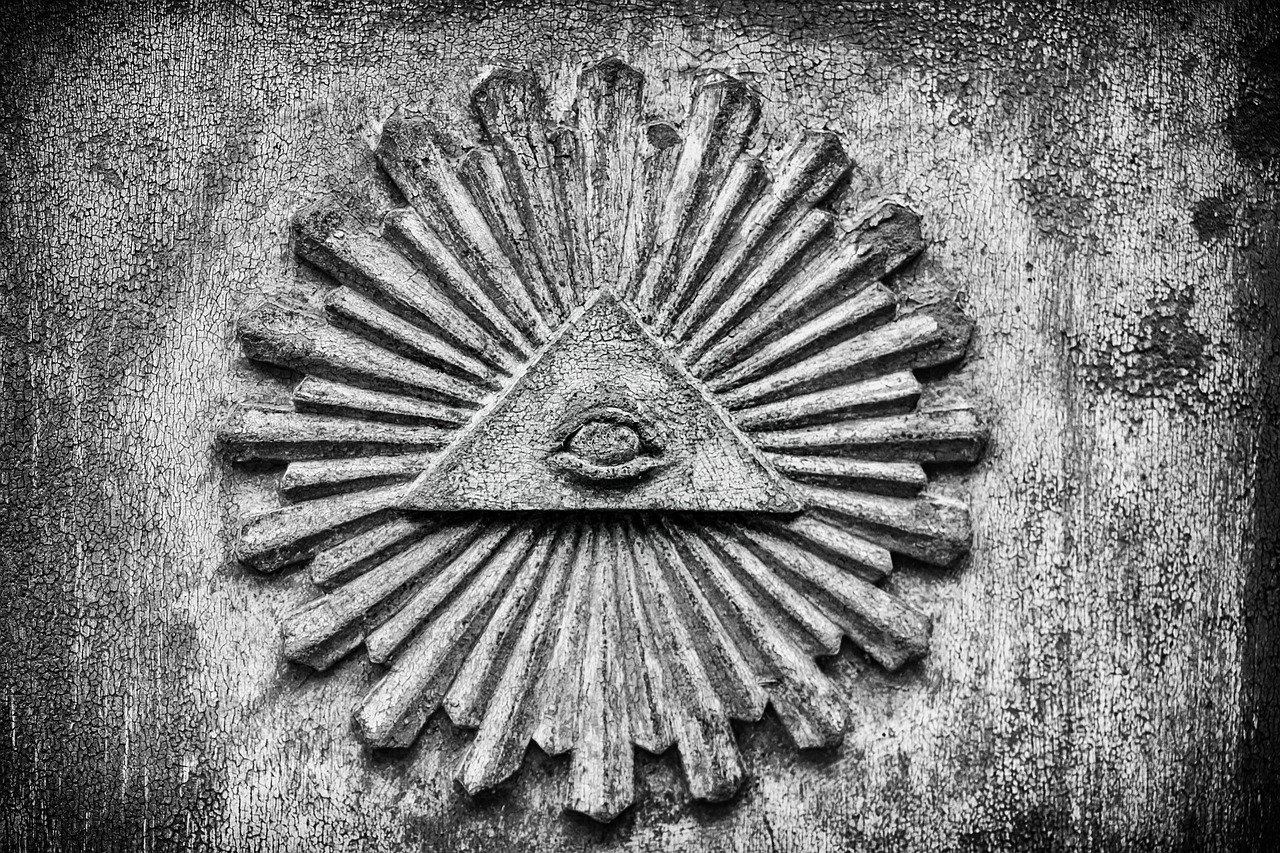Hello and welcome, curious reader! We are very pleased to present you with our blog dedicated to the enigmatic Order of the Illuminati. There’s hardly anybody who hasn’t heard of the secret order, so this topic is probably familiar to you. Maybe you want to learn something you don’t already know and that’s what we hope to deliver.
We want this blog to be the go-to literature of the Illuminati online, so everyone who wants to learn in-depth about the history, practices, and of course, conspiracy theories relating to the secret order can come here and read for as long as their heart desires.
We will briefly describe the historical Order of the Illuminati in this welcome post and why we think it’s still so relevant today. We hope you enjoy reading about it and that it makes you want to read the other articles on our blog.
Who Are/Were the Illuminati
The Order of the Illuminati was founded by Adam Weishaupt on May 1, 1776, in Ingolstadt, Bavaria; the order is also known as the Bavarian Illuminati to avoid any similarities with other same, real and fictional.
Weishaupt, a law professor at the University of Ingolstadt, thought that Bavaria and the whole world were in dire need of a radical change; one that would unite all nations and bring about emancipation and liberty to everyone.
The order, however, had some controversial practices such as spreading propaganda and using people for personal gain. This was allegedly done to achieve the goal and create the perfect society, but the order’s explicit rejection of conventional morality makes it hard to believe that had they attained their goal, they would have changed their ways.
The Illuminati, along with other secret societies, were formally banned in Bavaria in 1785, but they had already recruited powerful people such as Duke Ernest II of Gotha who welcomed Weishaupt when he was exiled. Thus, people then didn’t believe the order disbanded, but that it simply went underground.
Illuminati: Revisionist Ideas
Judging by the fact that you’re reading this Illuminati blog today, people still believe the order, or its potential successors exist. The Illuminati have become the source of the biggest amount of conspiracy theories, both in the real world and online. This is by no means a modern phenomenon and you can read our work on the topic by checking out our articles.
Some people quickly reject these theories and note that the order hasn’t been around for more than two centuries, while others vehemently defend their beliefs that the Illuminati is still very much present in today’s age.
The Illuminati today are usually portrayed in two ways: tragic heroes from the past or insidious villains from the present. It’s hard to reject the idea that they existed, because there’s too much evidence to suggest otherwise, but many people who try to disprove common myths about the Illuminati fall in the trap of sugar-coating history.
The Illuminati had good ideas on paper, but they were by no means the unsung heroes of the Enlightenment as some think of them. Their name and their goals imply they were noble men who were crushed by the church and state for speaking the truth and wanting to liberate people.
Facts suggest otherwise as they sought to put themselves in powerful positions and the means they used to spread the so-called noble cause were anything but noble. If you don’t believe us, read some quotes by the founder, Weishaupt, to see how this revisionist portrayal is not based on empirical evidence.
On the other hand, those who still believe the Illuminati exist tend to rely on old documents that are not relevant anymore or on far-fetched conspiracy theories, many of which have been disproven numerous times. There still are freemason societies using the Illuminati name, but neither are they successors, nor is freemasonry an essentially evil concept.
The truth, we believe, lies somewhere in the middle. The Bavarian Illuminati were revolutionary for their time and it’s not hard to believe that at least some members of the order had good intentions and were working for the betterment of society.
The order as a whole, however, had some big flaws and those who indeed sought themselves as the unelected leaders of a new idealized state likely didn’t have people’s well-being in mind.
To learn more details about the historical Illuminati and how they influenced culture and politics, read our articles.



